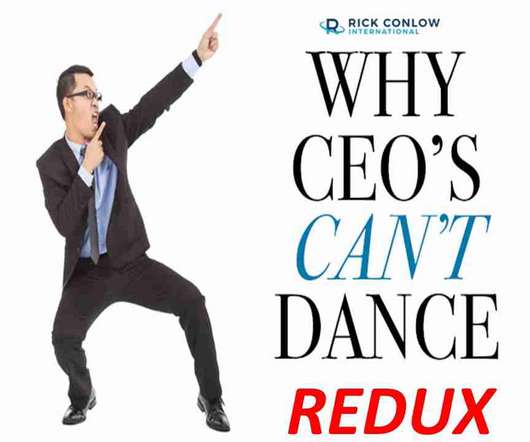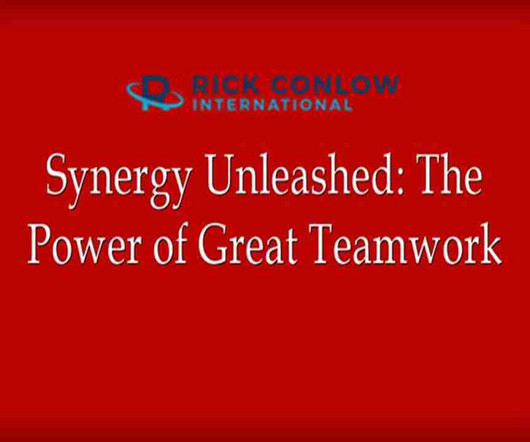Are You Assessing Executive Capabilities to Close Key Gaps?
LSA Global
FEBRUARY 12, 2024
Assessing Executive Capabilities: A Comprehensive Guide We know from our organizational alignment research that executives play and outsized role in driving organizational success. Do you have a research-backed, strategically-aligned, and agreed-upon list of core leadership competencies required for your executives to excel?






























Let's personalize your content